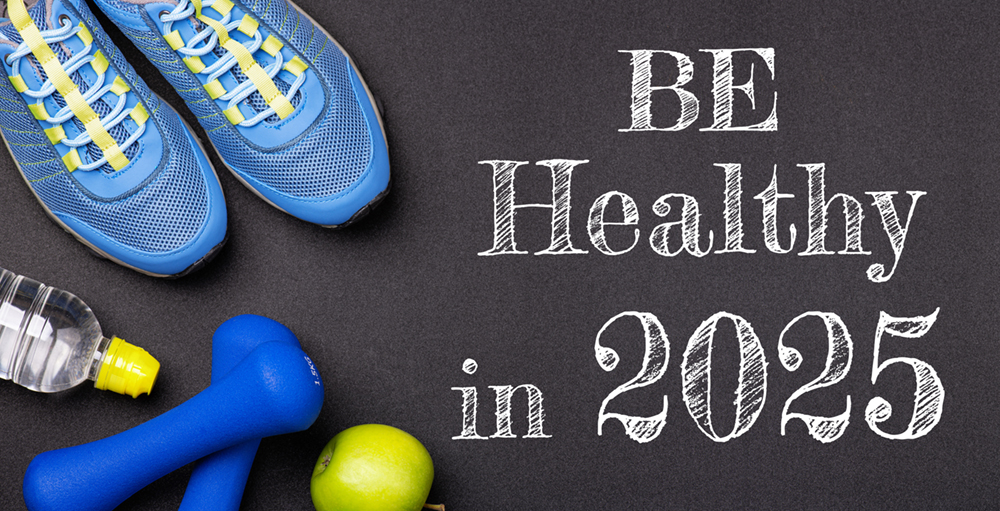New Year’s Nutrition Resolutions from a Long Island Dietitian
New Year’s Nutrition Resolutions from a Long Island Dietitian
Dietary Interventions and Eating Behaviors for Sustainable Change
Though a New Year’s resolution signifies a new start, many people fixate on unrealistic goals that are doomed to fail. If your wellness resolutions are restrictive and unsustainable, if you are making the same one’s year after year, you will never succeed. Break the dieting cycle by setting positive realistic changes that can be maintained over time.
Rather than making weight-related resolutions, focus on what you can do –
- behavioral changes
- avoiding fad diets
- healthier selections
As a registered dietitian who works with people to help them reach their medical and weight management goals, my specific recommendations include:
Eat more whole foods
One of the easiest ways to improve overall health is to eat more whole foods. Think in terms of processing. Select more minimally processed foods. This will automatically reduce the intake of ultra-processed foods.
Beware of Fad Diets – Instead, create a sustainable, nourishing diet
Chronic dieting is harmful to both physical and mental health. Most people who lose weight through restrictive dieting regain the weight they lost.
Establish a balanced plan including protein, starch, vegetables at meals plus healthier snacks, when needed.
Add more produce to your diet
Adding more cooked and raw vegetables and fruits to your diet can go a long way towards improving your health.
Cut back on sweetened beverages
Though quitting sweetened beverages entirely is always an option, gradually minimizing your intake may help you kick your sugary drink habit for good.
Cook more meals at home
It is easy to rely on processed or packaged foods because of time constraints and convenience. Try to cook just one more night a week with real minimally processed ingredients.
When making nutrition related New Year’s resolutions, work on creating a nourishing, healthier, enjoyable, and sustainable plan rather than another fad diet. Think long-term to maximize benefits, not short-term.
The healthiest diet is one that’s rich in whole, nutrient-dense foods and low in ultra processed selections. A healthy, long-term diet should not only be nutritious but also adaptable and sustainable, meaning you can follow it for life — regardless of the circumstances. An eating pattern that can be maintained on vacation, during holidays, and at parties because it’s consistent with and suitable to your lifestyle.
The bottom line
Though most New Year’s resolutions are only kept for a short period, the healthy resolutions listed above are sustainable ways to improve your physical and emotional health.
More information on how to implement and sustain your New Year’s Nutrition Resolutions:
- 4 Nutritionist Tips for Making a New Years Resolution That Sticks
- Keep Those New Years Eat Better Resolutions
- Realistic New Years Resolutions



